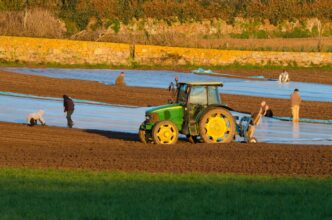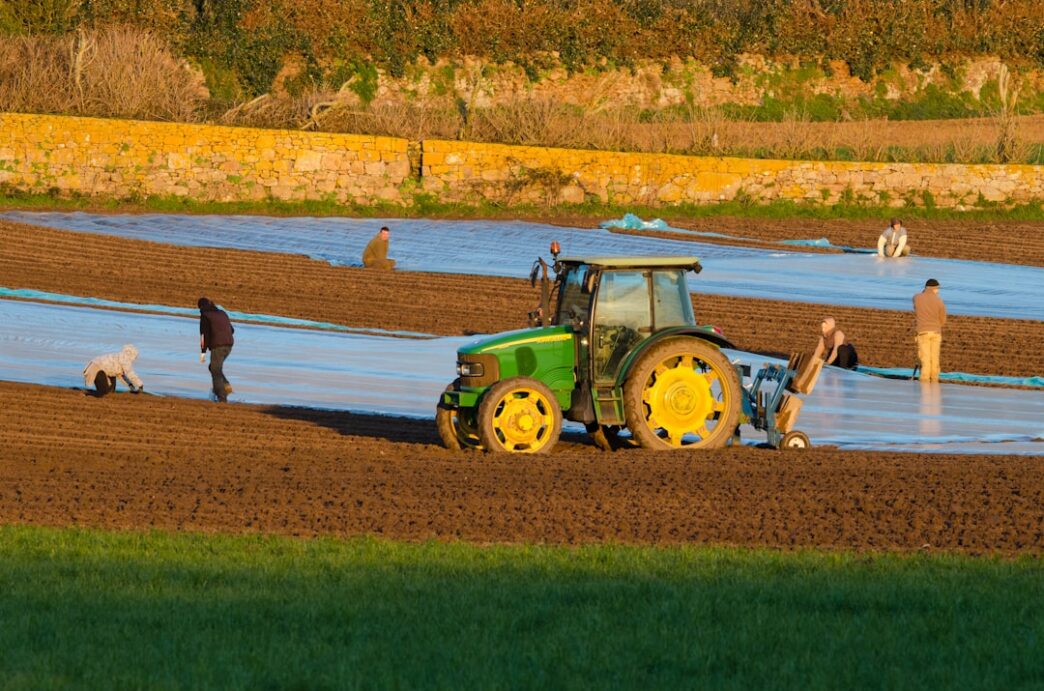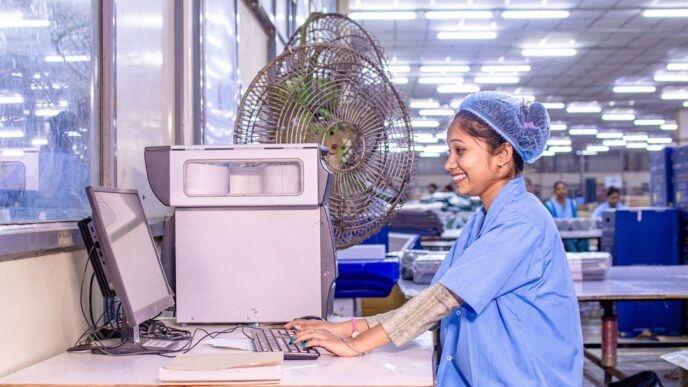In the face of rising global temperatures and unpredictable weather patterns, agriculture is undergoing a transformation that could shape food systems for decades. The integration of technology into farming, known as AgTech, is gaining traction as a response to climate challenges, and it’s not just for large-scale producers anymore. Smallholder farmers in developing countries are also beginning to reap the benefits, often resulting in improved yields and greater resilience against environmental shocks.
Consider the case of Kenya, where a startup called Twiga Foods is disrupting traditional supply chains. By leveraging a mobile platform, Twiga connects farmers with urban retailers, reducing food waste and ensuring fresher produce for consumers. This model not only increases efficiency but creates a more equitable market for smallholder farmers who often struggle to access urban markets. The ability to monitor crop conditions and market prices through smartphones has empowered these farmers to make data-driven decisions, ultimately improving their livelihoods.
But the innovation doesn’t stop there. Precision agriculture technologies, such as drone surveillance and soil sensors, are being adopted in regions like Southeast Asia, enabling farmers to optimize water use and apply fertilizers more judiciously. The integration of these technologies is not merely a luxury; it is a necessity in places where water scarcity is tightening its grip. For instance, in India, where approximately 85% of farmers rely on monsoon rains, innovations in soil moisture monitoring have allowed farmers to adapt their planting schedules and irrigation techniques, mitigating the risks associated with erratic rainfall.
Despite these successes, the road to widespread adoption of agricultural technology is fraught with challenges. Access to reliable internet remains a barrier in many rural areas, limiting the effectiveness of digital tools. Moreover, traditional farming practices can be deeply entrenched, making it difficult for some farmers to embrace new methodologies. Education and training programs are essential to bridge this gap, ensuring that farmers understand how to utilize these tools effectively.
One of the significant players in this space is the World Bank, which has launched initiatives aimed at mobilizing investment in agricultural technology. Their focus on inclusive growth highlights the importance of involving small farmers in the technological revolution. The organization’s backing helps to legitimize AgTech startups and can provide the funding necessary to scale operations, particularly in emerging markets.
Moreover, the introduction of agricultural insurance products powered by AI is another significant development. These products are designed to protect farmers against climate-related losses, offering a safety net that encourages them to invest in new technologies. For instance, in Brazil, the company Agrofy is using advanced analytics to offer insurance tailored to individual farming operations, which could lead to greater financial stability for farmers facing unpredictable weather patterns.
As climate change continues to threaten global food security, the embrace of agricultural technology presents a dual opportunity: to enhance productivity and to build resilience against environmental challenges. The synergy between innovation and agriculture is a powerful one, capable of transforming lives and economies in emerging markets. It is essential that policymakers, investors, and entrepreneurs come together to support this trend, ensuring that the future of food is not only sustainable but equitable for all stakeholders involved.













